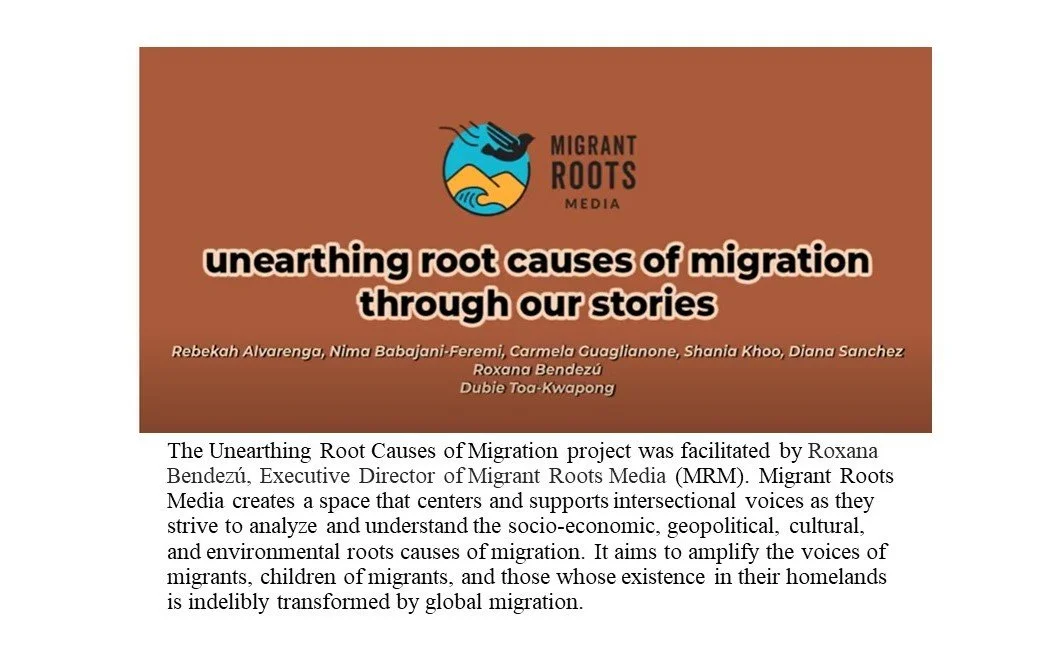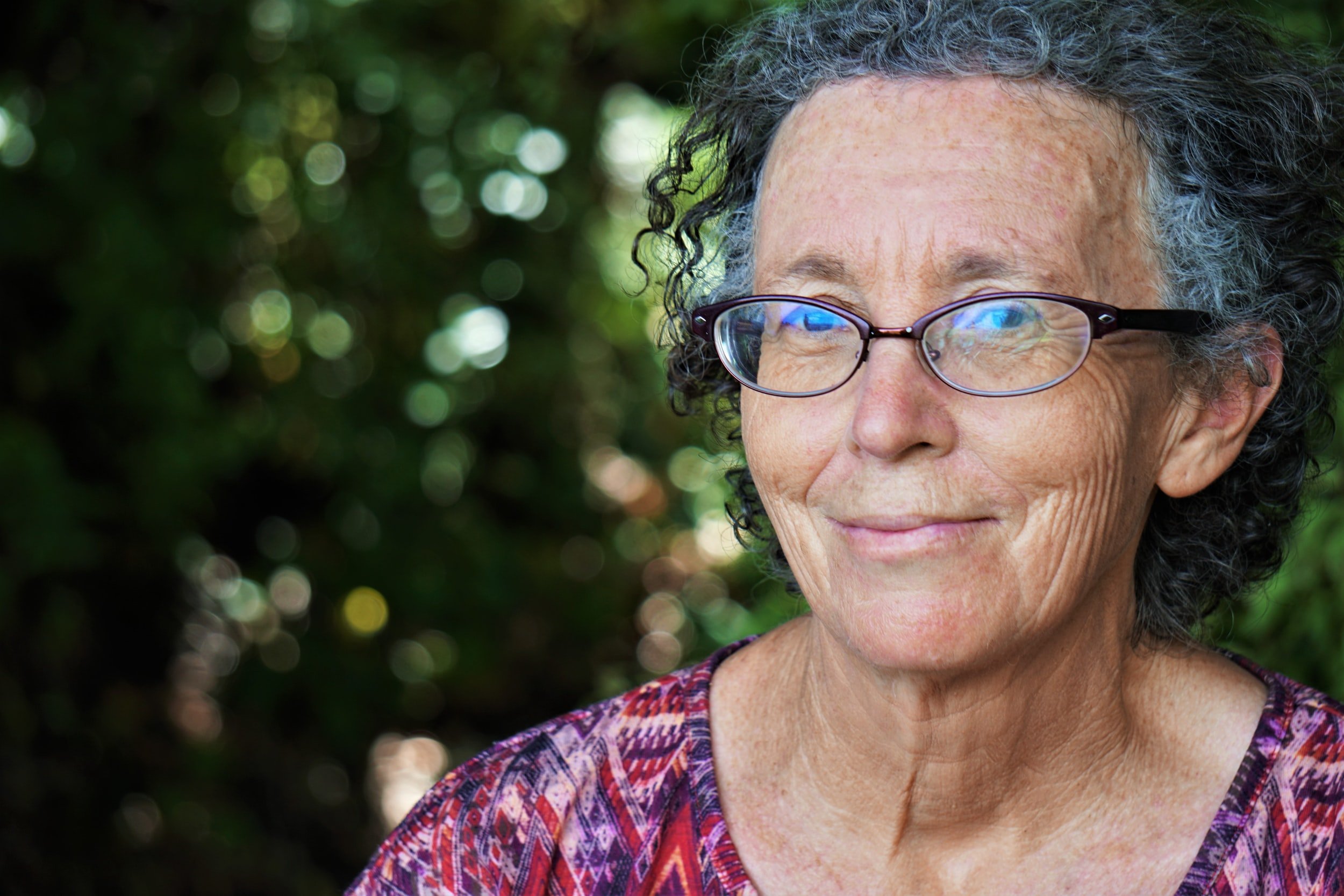Compassion, Community, Care and Collaboration in Research
by Anna CohenMiller
Dr. Miller contributed to the The Sage Handbook of Online Higher Education. Find previous Sage Research Community posts from Anna CohenMiller here.
What is the illusion of perfection? And how does it relate to research?
Recently I was invited as a keynote speaker to talk about these ideas as related to gender research at the International Conference on Comtemporary Women’s Studies at Karadeniz Technical University in Trabzon, Turkey.
In the keynote, I talked about moving away from the "illusion" of perfection for ourselves as researchers (and people) through drawing in what I refer to as the 4C's of research: Compassion, Community, Care and Collaboration into our research praxis to develop as individuals and researchers. (This work expanded upon my previous work around the illusion of perfectionism for research and teaching in higher education at an invited talk I gave last year at Nord University.)
In the session, I discussed ways we can incorporate wellbeing as a means towards recognizing and accepting ourselves and others, thus opening us up to become more present and ready to accept and listen to others, becoming more ready to collaborate and address large-scale global “wicked” problems (e.g., educational access, gender equity, climate change).
Through a journey of introspection, thinking through questions, ideas and next steps, the session was developed to create an interactive space. Just as in research, instead of researching on or at people, we can have a chance in today’s research work to create participatory spaces where everyone is welcomed into our research, scaffolding learning together.
Contemplative inquiry practices
I sought to create a place for transformation and critical self-reflection, practicing contemplative inquiry through a 3-minute braindump. Contemplative inquiry practices such as these are guided by researchers including Valerie Janesick, Kakali Bhattacharya, my book with Nettie Boivin, and my recent book addressing transformative learning and qualitative research.
These processes were developed as a means to find directions towards equity, inclusion, and justice-centered research, and unpacking these approaches for our research and practice. Ultimately, through compassion, community, care, and collaboration, we have an opportunity to enhance our practice and move towards our own ideals in research and selfhood.
The 4C’s in research suggest steps towards how critical self-reflection and contemplative inquiry can help us better understand ourselves and our positionality. They give us insight to how practicing compassion and care can situate us as researchers as more accepting of ourselves and others. And lastly, how recognizing the illusion of perfection can encourage community and collaboration, facilitating directions towards equity, inclusion and justice-centered research.
These topics align with the work I'm continuing to explore with colleagues Nord University and Iook forward to the next steps. The conference continued for two days and incorporated fascinating topics around gender, such as related to technology, environmental justice, parks, media, theater, mothering, motherhood and more.
A huge thank you to Fahriye Altinay for the invitation and Prof Dr Aytekin İŞMAN and Assoc Dr Dilan Ciftci for the organization of an excellent research conference.






























Learning while doing: collaborating on a book about collaboration.